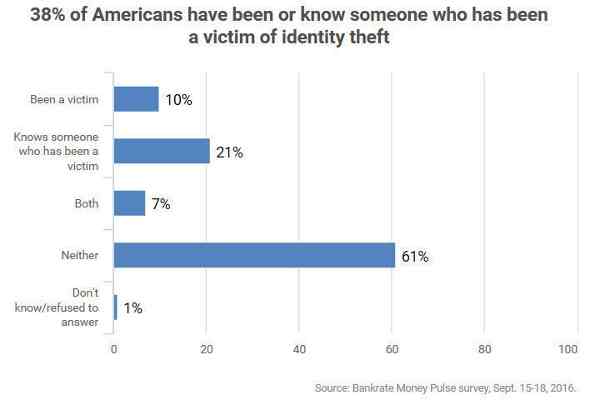Palliative Care Report Card Released to U.S. Congress
Palliative care is a medical specialty that helps people facing serious and chronic illness more comfortable by alleviating pain, treating a host of other symptoms and focusing on their quality of life. It is appropriate at any age and any stage of a serious illness and can be provided along with curative treatment.
Congress learned today just how well their home states are doing in terms of caring for the sickest Americans. According to a “Report Card” published by the Center to Advance Palliative Care, the nation overall gets a “B” grade, up from a “C,” when the report was first released in 2008. The announcement was made today, Oct. 5.
“The good news is that over the last ten years hospital palliative care teams have more than doubled,” said Dr. Diane E. Meier (pictured above), director of the Center and co-author of the study America’s Care of Serious Illness: A State-by-State Report Card on Access to Palliative Care in Our Nation’s Hospitals.
“The bad news is that despite its enormous benefits to patients and care givers, millions of seriously ill Americans still do not have access. Given the will of Congress to assure patients receive high quality care while reducing costs, it seems that palliative care should be a natural part of that prescription.”
[ Also Read: Ad Campaign Questions Obama’s Medicare Plan ]“America’s hospitals have a strong history of caring for patients and families during the most difficult of times,” said Rich Umbdenstock, president and CEO of the American Hospital Association. “Hospitals and other health care organizations are taking the lead in ensuring health care is patient-centered, reflecting patient’s desires including palliative care assistance.”
The Report Card demonstrates considerable improvement in the growth of palliative care. (Out of a total of 2,489 hospitals nationwide who participated in this survey, about 1,500 provide palliative care services.) This number is expected to grow significantly over the next five years, but barriers continue to exist in three key areas: Workforce, Research and Access.
The report gives seven states plus the District of Columbia an A: Maryland, Minnesota, Nebraska, Oregon, Rhode Island, Vermont and Washington. Only three states, Vermont, Montana and New Hampshire, received an A in 2008.
More than half of the fifty states received a grade of B. Seven states improved from a D to a C (Georgia, Kentucky, New Mexico, Texas, South Carolina, Louisiana and Wyoming).
Nevada saw dramatic gains, rising from a D to a B grade. Only two states – Delaware and Mississippi – got an F. Oklahoma, Alabama and Arkansas improved from an F in the last report card to a D in 2011.






